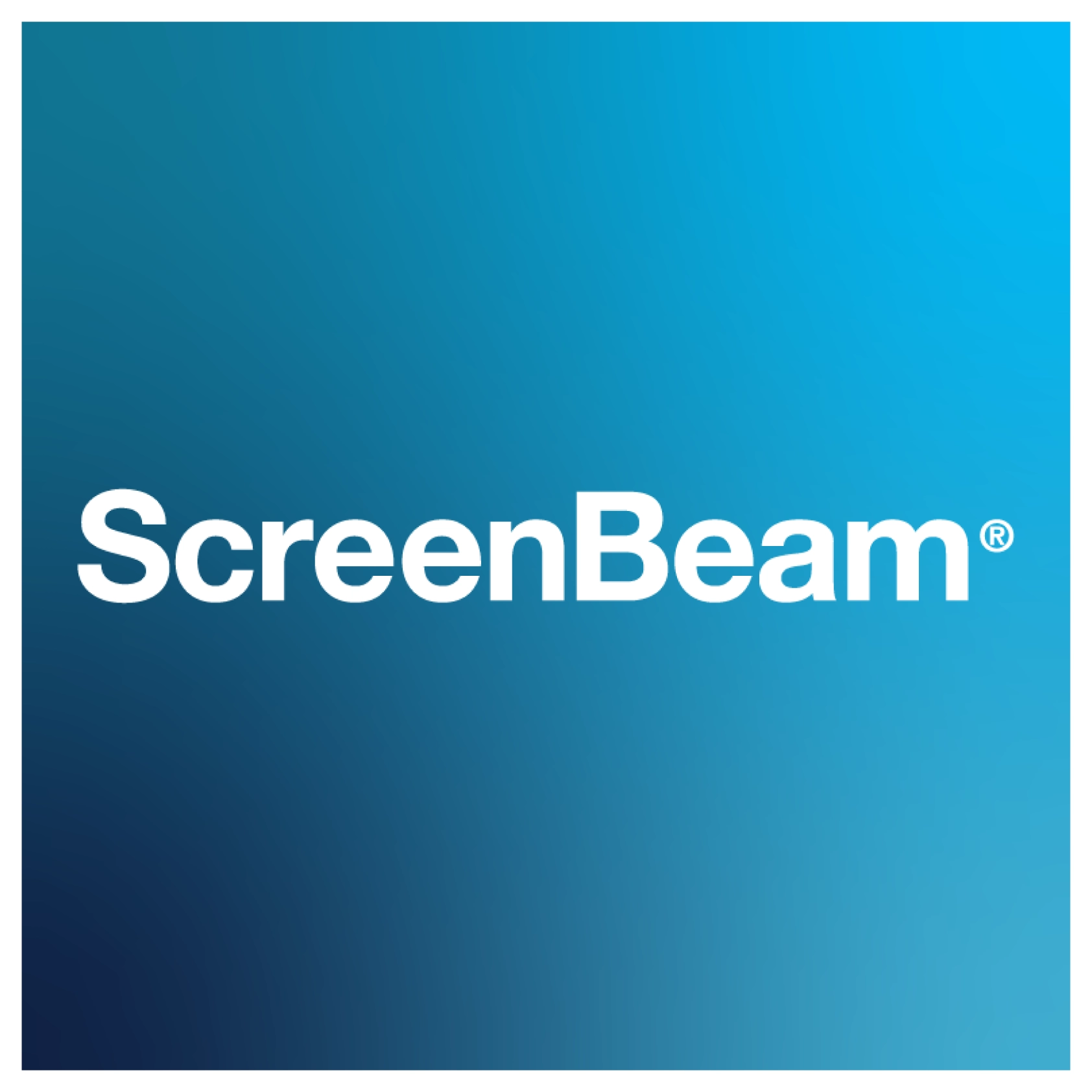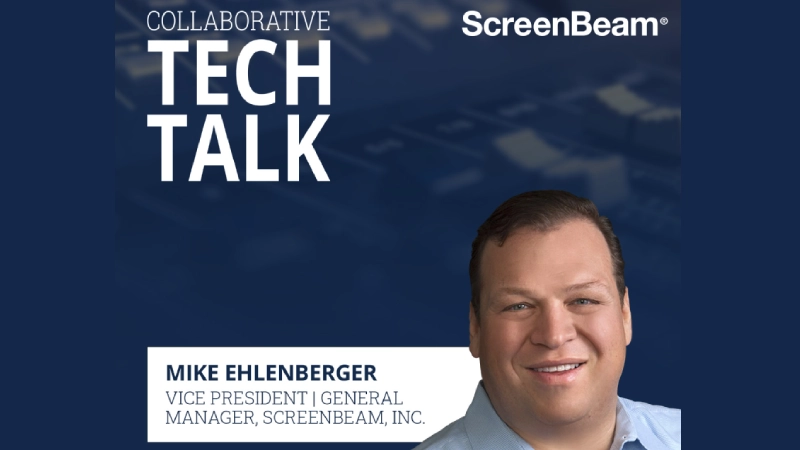Microsoft Study Examines Personalized Learning Effects
In 2018, Microsoft, in collaboration with McKinsey & Company’s Education Practice, conducted an intriguing study called The Class of 2030 and Life-Ready Learning.
The study included surveys of 2,000 students and 2,000 teachers across Canada, Singapore, the U.S., and the United Kingdom, as well as interviews with 70 thought leaders, such as researchers, educators, technologists, and policymakers. It also included an in-depth review of 150 pieces of previous research.
Findings from the study suggest the class of 2030 if equipped with a solid emotional and social foundation, established in a learning environment personalized to their educational requirements, will be better prepared for the future.
This study found students want skilled, trusted teachers who know them personally. Teaching as a profession is one of the least likely to be automated in the future, so maintaining strong teacher-student connections remains more critical than ever. The philosophy of personalized learning—customizing curriculums to suit the interests and needs of students and giving personalized feedback to students to accelerate cognitive and academic growth—is key.
Here are a few standout points from the study: · Students who receive personalized instruction perform better than 98% of traditionally taught students · 67% of teachers surveyed agree that learning ought to be personalized · Up to 51% of surveyed teachers said they have strong, one-on-one relationships with their students · Yet few as 34% of students surveyed believe they have strong, individual relationships with their teachers
How can education leaders begin to bridge this personalized learning gap to transform education and provide young people with the support and skills they need?
The right technology can encourage inclusive, personalized, and immersive learning experiences, helping educators shift from using an education strategy based around a standardized curriculum to a student-focused one that is customized to student needs and emphasizes social-emotional skills.
In fact, Microsoft’s study reveals that with technology tailored to the needs of students and educators, teachers can get up to 30 percent more time back that they can then devote to providing better, more personalized instruction to their students.
ScreenBeam designs its wireless display solutions with teacher mobility in mind. Mobility gives a teacher proximity control making them more accessible so students can ask questions at any point. That closeness helps to promote stronger, emotional connections between teachers and students, increasing student confidence and participation
If you would like more information on the solutions ScreenBeam can provide, go to www.Screenbeam.com/contact-us/.




